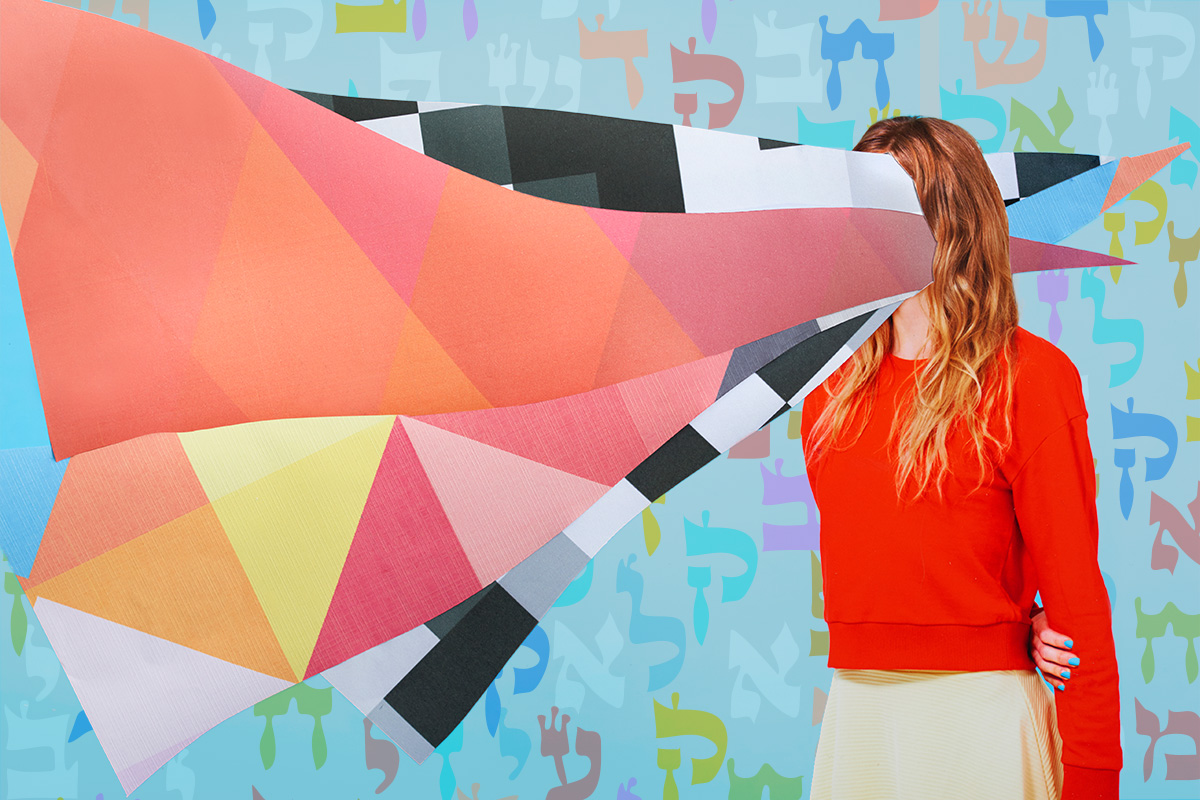“Do you want us to call you Nesya?” someone asked me, for the first time ever, when I was 18. I was at an Orthodox, girls-only summer program in Jerusalem, and we’d been talking about our Hebrew names. Tentative and embarrassed, I answered that I would. Might as well try it out, I figured. I didn’t expect how right it would feel or how much I would grow to love it.
I hadn’t gone by my English name, Tennessee (yes, Tennessee), for a year, instead opting for Tess as a nickname. Officially, I had switched to Tess to make life simpler at work. Unofficially, I was just done being Tennessee. The name had too much baggage, too much trauma attached to it. I wanted a fresh start. So I tried going by Tess, which felt OK. But being called Nesya was something else entirely. In ways I couldn’t yet articulate, the name Nesya spoke to the core of my being.
I went by Tess for another year or so, trying out Nesya in Jewish spaces but too embarrassed to insist on it. Again, the embarrassment was very real. There was an element of not wanting to bother anyone, but I think there was also a fear of asserting myself in general, a fear of saying definitively, “This is who I am.” In retrospect, that fear made a lot of sense in those beginning stages: I wasn’t yet entirely sure that Nesya was, in fact, me. I hadn’t fully tested out the new identity, but the urge to keep trying indicated that I was on the right track.
I only switched to Nesya full-time when I made aliyah, mostly for ease of adjustment (though actually, it turns out that Israelis have a lot of trouble pronouncing the name). At that point in time, I saw the name change as my participation in the historical Zionist trend of Hebraizing for aliyah. The idea was to cast aside an assimilated diasporic identity in favor of a renewed, authentic Israeli one, and mark that with a name change. That was part of why I made the change — but Hebraizing meant and continues to mean so much more than that for me. It is about renewal, but that renewal isn’t centered around Israel. It’s about overcoming trauma through a name that represents my highest self.
I see my Hebrew name as representing a special, golden, eternally whole part of me: my neshama (soul). So when people call me by my Hebrew name, years of hurt fade into the background. I can still feel it, but it’s not what defines me.
Instead, I am reminded of the part of me that will never be broken. I am reminded of the part of me whose lifepath is tied to the meaning of my name. Nesya means “miracle of God;” the Talmud teaches that our names’ meanings impact our lifepaths (Berakhot 7b). I hear the name Nesya and know that I am strong enough, good enough, to face whatever the world throws at me.
Through it all, my relationship with Tennessee has improved. I hate when most people use it, but it’s the name my immediate family still uses, and it turns out that’s totally fine with me. When that name comes only from those I love most, it becomes something truly special — and extremely intimate. If calling me Nesya speaks to the part of me that’s unbroken, calling me Tennessee now speaks to the part of me that’s broken but worthy of love anyway.
I spoke to others who Hebraized their names, looking for common threads and patterns; I found that Hebraization stories are as diverse as those who tell them. People Hebraize for convenience and connection when they make aliyah. They Hebraize when they convert to Judaism, or when they become more religious. Some Hebraize as an act of anti-assimilation, going as far as changing their last names (which were, in the case of most Ashkenazi Jews, originally forced on us by European governments). Others just know that their Hebrew names feel right. Most cases are combinations of the above.
Whatever the story, it’s always one of self-definition through Jewish heritage — of finding a workable, individual identity within the broader identity of our people. So whatever the specifics, I think that choice is beautiful. And whether or not we choose to Hebraize, I hope we can all turn to our names as sources of strength.



